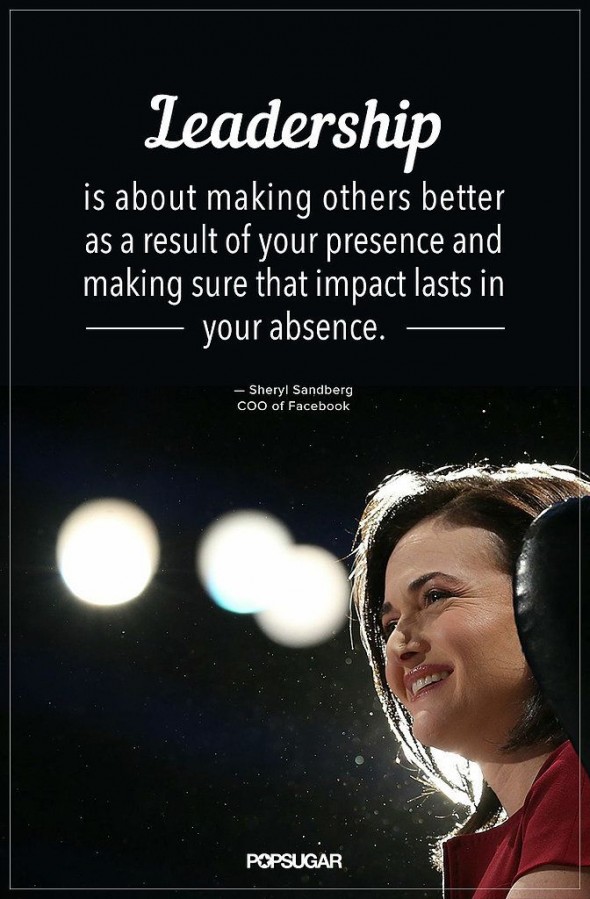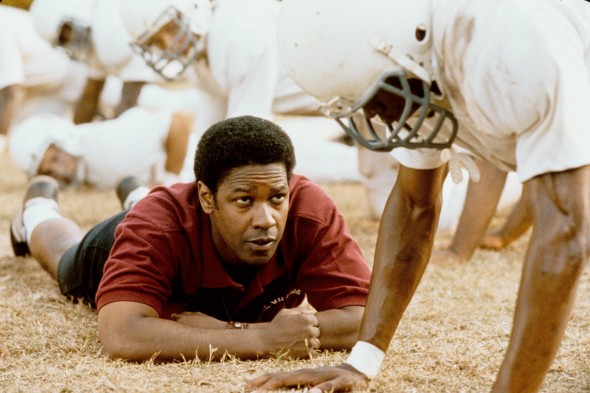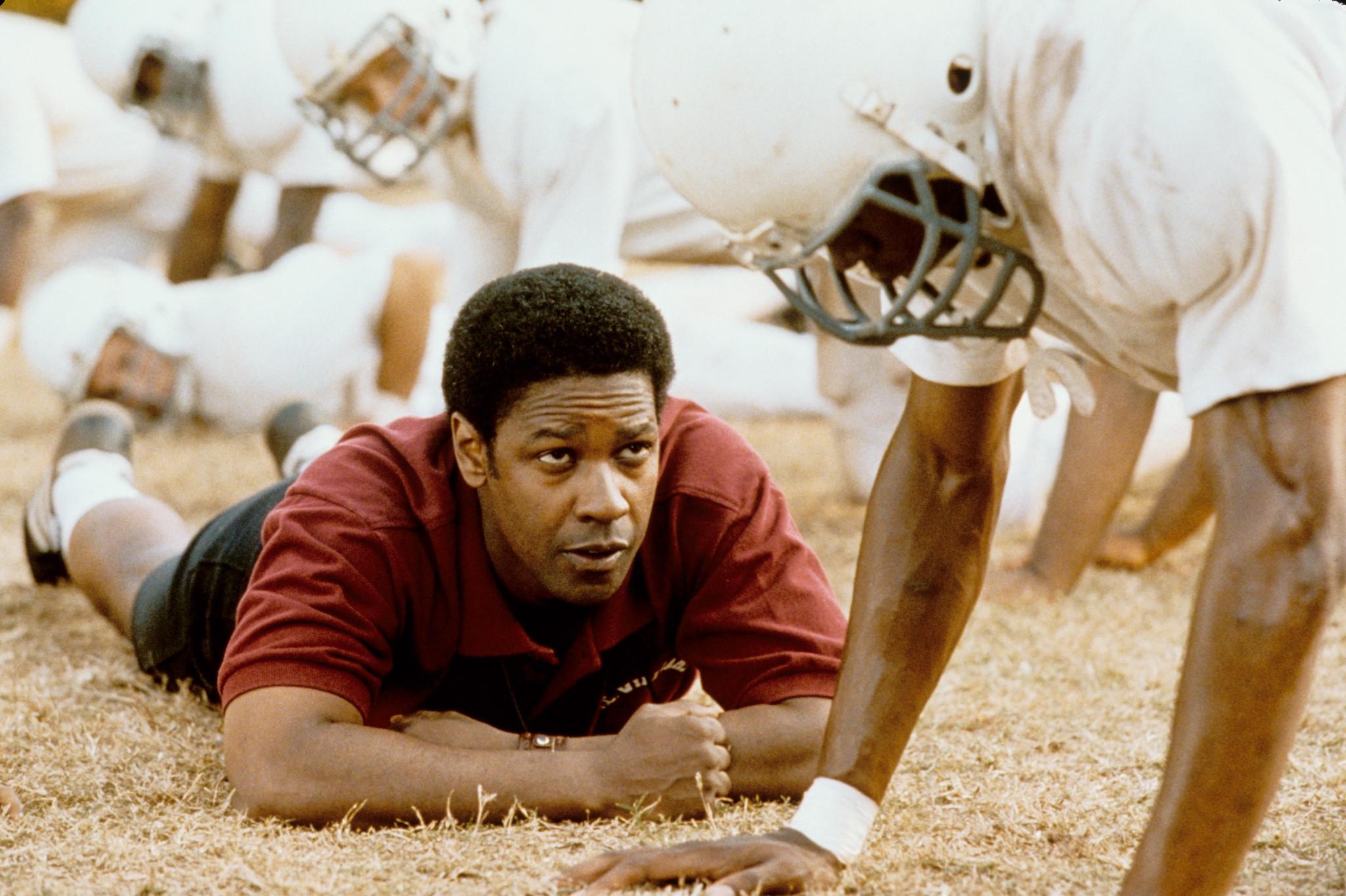By Sarah Jarvis, Natalia Ghilascu and Travis Arbon
“You get the best effort from others not by lighting a fire beneath them, but by building a fire within”, says a famous coach, Bob Nelson. Leadership is a matter of having people look at you and gain confidence. When you decide to coach somebody, make sure that you rise by lifting others people’s potential. When I usually listen to this inspirational video, asking the question what amazing have you done in the past days days, it remembers me about a wake up call that each of us must have forgotten.
One should not forget that developing self-awareness is important for better relationships and for a more fulfilling life, both in the workplace and at home. Most of the time, it’s difficult to be objective when we think about ourselves, and how others actually see us can be quite different from what we think they see. That is why, building awareness in others is not an easy task. It comes a moment when we often discover new things about ourselves when we are in unusual situations, or facing new challenges. Our reactions or responses to new environments, new people, or new demands can help us understand how we deal with some of the more familiar aspects of our lives. However, rather than waiting for new experiences to arrive, it can be really valuable to look for them proactively.
Most of the coaches advice that by writing down thoughts and feelings on a daily basis, you build fluency – particularly, emotional fluency. This habit also captures the mood of the moment – when reviewed at a later date. When I personally read back my journal and the circumstances that I was going through last five years, it helps me evaluate myself whether those challenges are still holding me back, or I whether worked hard enough to deal with it. Also, it has been discovered that the collection of writing can help the writer understand the range of emotions he or she has experienced.
Coaching often invokes mental images of buff men with whistles around their necks yelling at athletes. But leadership through coaching takes place beyond athletics, and it requires effective listening, leading by example and dedication to others. Coaches push people, and they help them achieve more than they would have without such leadership. Kevin Cashman’s “Leadership from the Inside Out” details how strong coaches can help others realize the potential in themselves through awareness, commitment and practice.
Awareness is the first step in becoming a successful coach and leader. One of the most critical components of awareness is self-awareness, understanding your own strengths, skills and weaknesses allows you to identify areas where you need to improve. But very few people are perfectly self-aware, which is why we need to seek outside input from peers, colleagues and friends.
Once we’ve identified areas that require attention, it becomes easier to develop a plan of action to improve ourselves and our work. It’s difficult to move forward if you don’t know where you are and where you could be headed. The book gives examples of pro-athletes who are hyper self-aware (people like Tiger Woods in his prime). These people always understand what needs to be improved about themselves, and then decisively execute a plan to do it.
In the Remember the Titans clip above (from 00:20 to 00:54), Coach Boone recognizes that the team will not be successful until they put their differences and judgments aside. The movie takes place after U.S. schools desegregated, and depicts tension between the white and black communities. His awareness helped the team tackle their social issues head on, and it made them a successful team.
Commitment goes hand-in-hand with awareness and practice. As illustrated in the book by the story of the two executives who applied for leadership training, the person who committed themselves wholeheartedly to being coached learned more from the experience and grew as a leader. The person who chose to ignore instructions and skip classes gained very little.
Committing to coaching is just as critical when coaching others as it is for coaching yourself. A strong coach commits completely to improving the skills of his or her trainees. A coach’s commitment should serve as a model for his or her students to emulate as they learn to coach themselves.

Effective practice requires the implementation of new inner and outer disciplines to change habits. Inner disciplines include thought processes and attitudes while outer disciplines are preexisting habits. We become what we practice. With coaching, it’s important to develop the whole person instead of just tweaking the external facade — meaning coaches should assess the character of those they coach instead of the way others perceive that person.
Successful coaches co-create practices with the people they coach, hold them accountable and avoid intellectualizing (theorizing without living in a way that aligns with your coaching). This requires action. Taking action with people you coach helps set an example of diligence. To quantify success, coaches set benchmarks to measure improvement in those they coach. These goals should be within reason for the person being coached, but they should also push them to be better.




Coaching is one method of leadership. I think it is one of the more identifiable, most relatable form of leadership. Many of us have experienced being coached at one part of our lives. Anyone who has played sports has experienced good or bad coaches. Anyone who played an instrument has experienced coaching. There are several types of coaches. Authoritarian or laissez faire are two types of coaches. It depends on what type of “team” you’re coaching. In terms of a news room, I think there has been a graduation from authoritarian to laissez faire. Editors used to assign stories to reporters who would go out and fulfill their decrees. Nowadays, with the 24-hour news cycle that demands fodder for the feed, newsrooms have become more laissez faire. Reporters pitch and write their own stories. Editors are not so much authoritarian leaders but managers of stories submitted by others, more laissez faire. It takes a certain amount of self-awareness of yourself and the business for editors to make the transition. As mentioned in the blog, self-awareness is vital for coaches to adapt to their team.
Too many times in challenge or conflict, everyone is distracted by the explicit problem. It’s like painting dying leaves green. Often, there’s a much deeper issue that’s the source of destructive behavior and patters.
The problem lies in the roots of the tree.
Coaches like Boone are irreplaceable because they see beyond the frustration and through the mental walls teams limit themselves and treat the source of the infection. I’ve worked in teams where the focus is on behavior correction and a “do-this-but-don’t-do-that mentality. Sure, the immediate problem or behavior disappears, but you’ll soon see it again in different clothes.
I liked your post, but I also think I have a slightly different perspective on coaching because my mother is a life coach, and she thinks the most important aspect of being a coach is helping another person to realize the best in themselves and to make the best decisions for their life and to improve themselves and their relationships.
I agree that self-awareness is a critical role, but I think confidence is even more critical- the confidence to lead and coach by example with your own life and relationships. But I also thinking leading by coaching is very tied in to leading with energy– if you don’t have a good balance of energies, coaching becomes a difficult task and makes it more difficult to relate to other people.